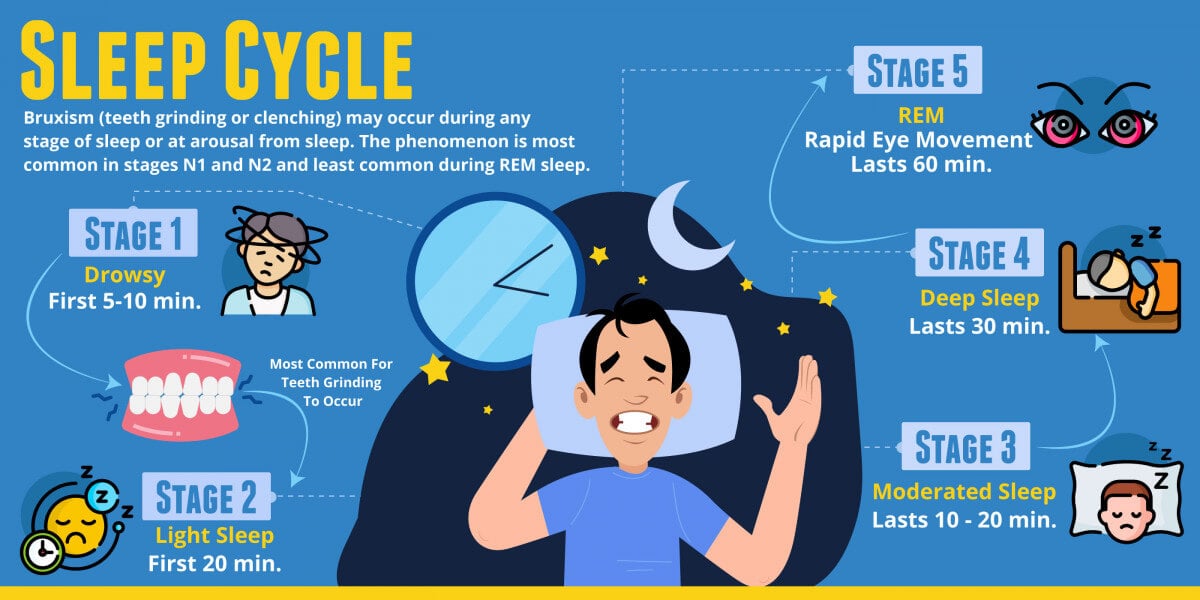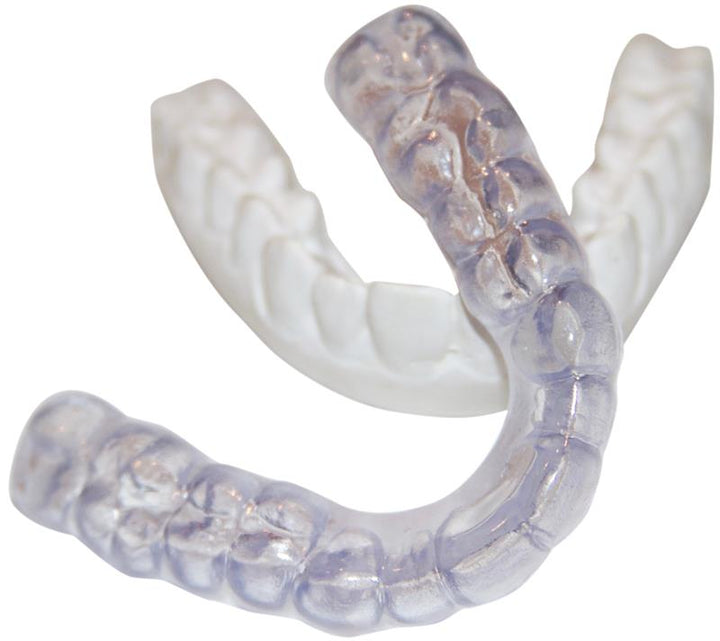Dreams are one of the enduring mysteries of the human experience. They have been analyzed by psychologists, studied by scientists, and theorized about by psychics.
While psychics and spiritual healers often treat dreams as a form of premonition or messaging, science seeks to understand dreams as biological or psychological expressions of the mind and body.
Some dream studies focus on the neural pathways activated while dreaming and others look at current mental and physical states and stresses that might cause certain kinds of dreams to arise. In other words, from a scientific perspective, dreams are not arriving in your head from an outside source in order to tell you something, they are arising from your own brain as it processes something.
Some of the reasons scientists theorize that we dream include:
- Processing emotional experiences: meaning dreams are a way to work through good and bad experiences we have had throughout the day and/or recent days. Dreams allow the unconscious regions of the mind to change the context in which certain emotions have occurred in order to better understand them. It may also be a chance to relate those experiences and emotions to previous events.
- Building memories: in this theory, dreams help the mind build neural pathways that help us retain certain memories from our daily lives. Building these pathways may create interesting connections with existing memories, which could be the reason for the strange events that occur in dreams.
- As a side effect of other brain activity, in other words, this theory holds that dreams themselves are simply a by-product of other processing happening in the brain during the stages of sleep.
When do dreams occur?
Dreams can happen during any stage of sleep, but the most vivid and fantastical dreams happen during REM sleep, which is the final stage of the sleep cycle.
Since people usually go through multiple sleep cycles in a night and the length of the REM cycle usually gets longer during later sleep cycles, the longest period of vivid dreaming often happens shortly before waking in the morning. The average total amount of REM sleep in a night is about two hours.

Should dreams be interpreted?
Some psychologists consider dreams to have meaning that provides insight into a person’s mental state, behavior, and personality. It’s easy to see that many dreams involve direct links to waking experiences, sometimes with bizarre twists. So, anyone might begin to unpack the meaning of a dream in relation to how the mind is dealing with certain events, stressors, relationships, joys, or worries. In this way, it could be useful to interpret the meaning of a dream. What does it say about things that are currently on your mind? Does it reveal an underlying fear, stress, or concern?
There is, however, no definitive interpretation of each dream event or figure. For instance, different dream interpretation guides might emphasize a different meaning for the presence of a snake or a dog in a dream, or they might offer many meanings that depend on context. So, it’s always most useful to look at dreams through the lens of what your waking experiences might elicit.
There is also a practice of interpretation that is not scientific: interpreting dreams as messages. This implies that there is a spiritual force or external force sending you signs or premonitions via your dreams. While this has been a popular way of viewing dreams for millennia, there is no scientific foundation for this approach.
What about teeth grinding dreams?
Dreams involving teeth are among the most common, along with dreams about falling, being chased, flying, or not being able to locate a bathroom. However, it is less common to dream about grinding teeth than it is to dream about losing or breaking teeth. Dreams about teeth are usually interpreted as expressions of psychological stress.
Some interpretations of tooth loss in dreams focus on the possible relationship to a fear of losing control. This could be triggered by losing something of value in real life, like a job or a loved one. It could also be triggered by major life changes or by stress and anxiety arising from circumstances beyond your control.
Stress and anxiety also play a role in the habit of teeth grinding, increasing grinding frequency and sometimes severity. And tooth-related dreams can be related to a teeth-grinding habit—just like dreaming about needing a bathroom can correlate with a real-life need to pee.
If you do find yourself dreaming about grinding your teeth or breaking or losing teeth, it is worth getting your mouth examined by your dentist for signs of teeth grinding. Teeth grinding can seriously damage your teeth and gums over time, so it is important to take steps to lessen the effects. Other indications of teeth grinding include frequent headaches, jaw pain, tooth sensitivity, and frequent canker sores on the sides of the mouth.
To protect your teeth and gums from the effects of grinding, consider getting a night guard from TeethNightGuard.
JOIN OUR NEWSLETTER! RECEIVE PROMOTIONS & COUPONS FOR CUSTOM DENTAL NIGHT GUARDS
INTERESTED IN BECOMING AN AFFILIATE OF TeethNightGuard.com?
Earn a 15% commission for simply sharing with your friends and family through email or social media such as Facebook, Reddit, or Twitter. Sign up and learn more here: https://www.teethnightguard.com/pages/register-affiliate-account
EXTRA DURABLE 3MM CUSTOM NIGHT GUARD - MAXIMUM DURABILITY AND COMFORT - MOST RECOMMENDED

$119.99
Item Number SWSPRO Manufacturer Sparkling White Smiles Dental Lab Rating Product Description Love this product? Share the product page link with Friends and Family. Simply copy the product page web address or this link: Custom Teeth Night Guard and post!… Read More